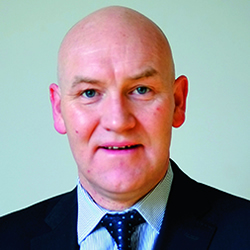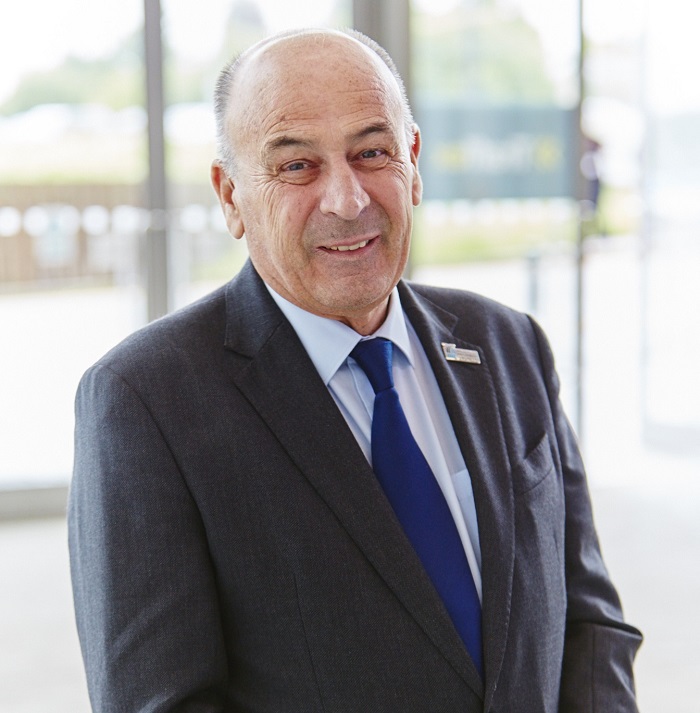
£25,584 - £30,060
You will work as part of a team undertaking environmental enforcement activities which focus on improving the street environment
Kirklees, West Yorkshire
Recruiter: Kirklees Metropolitan Council
Grade 9 £35,412 to £39,152 - Grade 10 £38,220 to £41,771 - Grade 11 £40,777 to £45,091 - Grade 12 £44,075 to £48,226 p.a.
The Construction Consultancy Services (CCS) team provide client-side construction consultancy services across a range of professional disciplines to d
Durham
Recruiter: Durham County Council
£24,404 - £27,269 (plus £1000 Market Rate Supplement, reviewed annually)
Are you ready for a role where no two days are the same, and your work makes a visible difference to your local community?
Kirklees, West Yorkshire
Recruiter: Kirklees Metropolitan Council
Grade 8, £33,708 - £37,399
Highways Operations is a growing service area within the Place directorate.
Doncaster, South Yorkshire
Recruiter: City Of Doncaster Council
£26,403 - £26,824
This is a predominantly office-based role with some site visits required.
Penrith, Cumbria
Recruiter: Westmorland and Furness Council
£56,883 - £59,198
To be a success in our Legal Team you will have experience as a Planning and Highways Lawyer
Cumbria / Various
Recruiter: Westmorland and Furness Council
£26,403.00 - £28,142.00, Grade 5, 37 hours, Permanent
An opportunity exists in the Council's Street Scene Services for a Street Cleansing Operative
Wakefield, West Yorkshire
Recruiter: Wakefield Council
Grade 4 - Grade 6
Do you want to join a team helping to shape the future of Wakefield through Highways Development Management?
Wakefield, West Yorkshire
Recruiter: Wakefield Council
£28,729.00 per annum (Subject to review)
As part of your apprenticeship, you will be enrolled onto a Lead Traffic Management operative course
Staffordshire
Recruiter: Amey
£28,729.00 per annum (Subject to review)
As part of your apprenticeship, you will be enrolled onto a Lead Traffic Management Operative level 2 apprenticeship
Goole, East Riding of Yorkshire
Recruiter: Amey
£28,729 (Subject to review)
As part of your apprenticeship, you will be enrolled onto a Lead Traffic Management Operative level 2 apprenticeship
Rothersthorpe, Northampton
Recruiter: Amey
£77,536 - £83,366
You will lead the delivery of a high-performing Technical Services Partnership (TSP).
Lincolnshire
Recruiter: Lincolnshire County Council
£28,729.00 per annum (Subject to review)
As part of your apprenticeship, you will be enrolled onto a Lead Traffic Management Operative level 2 apprenticeship
Ecclesfield, Sheffield
Recruiter: Amey
£28,729.00 per annum (Subject to review)
As part of your apprenticeship, you will be enrolled onto a Lead Traffic Management Operative level 2 apprenticeship.
Barnsley, South Yorkshire
Recruiter: Amey
£28,729.00 per annum (Subject to review)
As part of your apprenticeship, you will be enrolled onto a Lead Traffic Management Operative level 2 apprenticeship
Knottingley, West Yorkshire
Recruiter: Amey
£26,403.00 - £28,142.00, Grade 5, 37 hours, Permanent
Parking Services are looking to recruit 2 full time Civil Enforcement Officers to complement its existing workforce.
Wakefield, West Yorkshire
Recruiter: Wakefield Council
Grade 6 £25,981 - £26,815
We are about to embark on an ambitious programme of change in our city.
Doncaster, South Yorkshire
Recruiter: City Of Doncaster Council
£37,280 - £40,777
This is an exciting time for a talented, self-driven professional to join us in the role of Highways Development Management Co-ordinator.
Gloucester
Recruiter: Gloucestershire County Council
£48,226 - £51,35
This is an exciting time for a talented, self-driven professional to join us in the role of Highways Principal Development Management Co-ordinator .
Gloucester, Gloucestershire
Recruiter: Gloucestershire County Council
£47,181.00 - £50,269.00, Grade 11, 37 hours, Permanent
We are seeking a dedicated Principal Highways Development Management Engineer to join our team.
Wakefield, West Yorkshire
Recruiter: Wakefield Council









